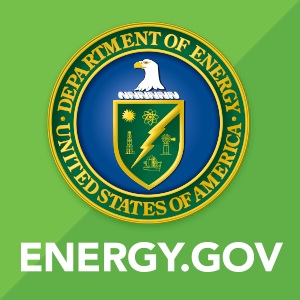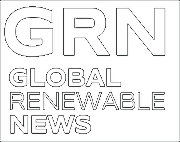As part of a demonstration project, EnBW is testing the wireless charging of electrically powered buses used for local public transport. To this end, the company is building a test route in Karlsruhe, on which an electric bus can be charged while being driven without producing any emissions thanks to charging technology embedded in the road surface. This will allow more than 80 people to be conveyed fully electrically. The project is thus already looking at possible solutions for the future of sustainable electric mobility, particularly in the area of local public transport and heavy goods transport.
The bus route is set to connect the new EnBW training centre in the Port of Karlsruhe on the Rhine to the public transport system from October. The VBK (Karlsruhe's public transport company) will operate the internal works bus route, which is set to run several times per hour during peak times. The Israeli start-up ElectReon is supplying the technology for the test route. Many of us are familiar with wireless charging technology from our smartphones, where it has been successfully used for a number of years. We are now bringing inductive charging for electric vehicles out of the laboratory and onto the road and subjecting the technology to a real acid test,' explains Maximilian Arnold, who is overseeing the project at EnBW's research division.
EnBW wants to use the project to examine the opportunities presented by inductive charging technology and test its suitability for everyday use. This makes EnBW a pioneer in Central Europe. Until now, there have only been two comparable projects that work with ElectReon's technology: one in Sweden and another in Israel. The technology will initially be installed on the ground of EnBW. The charging coils are also set to be installed in the adjoining public road later on.
Buses recharge while they are being driven
Inductive charging technology involves coils being embedded in the road surface. As soon as the vehicle drives over them, the receiver coils fitted on the underbody are activated and draw the electrical energy into the vehicle's battery via a magnetic field. This enables the vehicle to cover long distances without the need to stand idle while being recharged, which is especially advantageous for heavy goods vehicles. The great thing about inductive charging is that the technology is invisible on the road and very safe at the same time.' Building the charging route for electric buses should give us an idea of the role inductive charging can play in the future when developing products and services for our customers,' says Wolfram Münch, head of research and development at EnBW. As a supplier of sustainable infrastructure, it is important to us to test new technologies that can make even better use of electricity in road transport and reduce emissions.'
The initial groundwork on the bus route is set to get under way in August 2020. The installation of the charging technology and the construction of the bus stop are due to be completed this year, before a section of Fettweisstraße, which adjoins EnBW's grounds, will be equipped with inductive charging coils at the start of 2021 in the next stage of the project.
EnBW is a pioneer of electric mobility
Back in 2009, EnBW was one of the first energy companies to start developing solutions for a sustainable transformation of the transport system. With its current research project, it is taking a look into the not too distant future of electric mobility and its application areas for consumers. EnBW was recently named best e-mobility provider in D, AT and CH by the renowned testing magazine Connect (June 2020 issue). The energy company already operates the EnBW Hypernetwork, Germany's biggest DC fast charging network, and is continuously expanding it. At present, 400 DC stations are in operation - and EnBW wants to install 1,000 fast charging stations across Germany by the start of 2021, guaranteeing a nationwide infrastructure. At the same time, owners of electric vehicles can use the free EnBW mobility+ app or charging card to charge their vehicles anywhere in the largest charging network in Germany, Austria and Switzerland at the same standard kilowatt-hour price - as well as at any other charging station managed by other operators.
Markus Mussgnug









